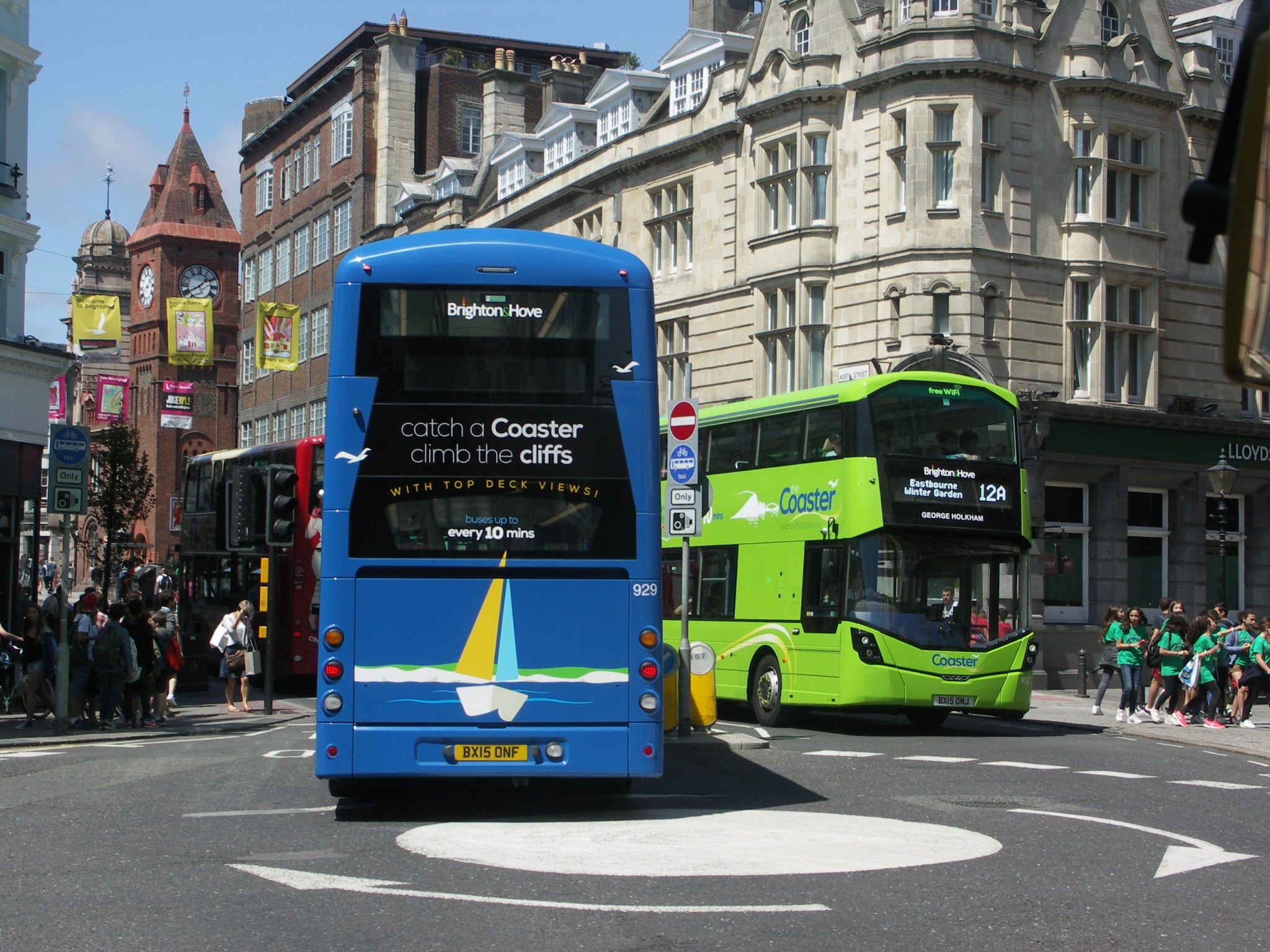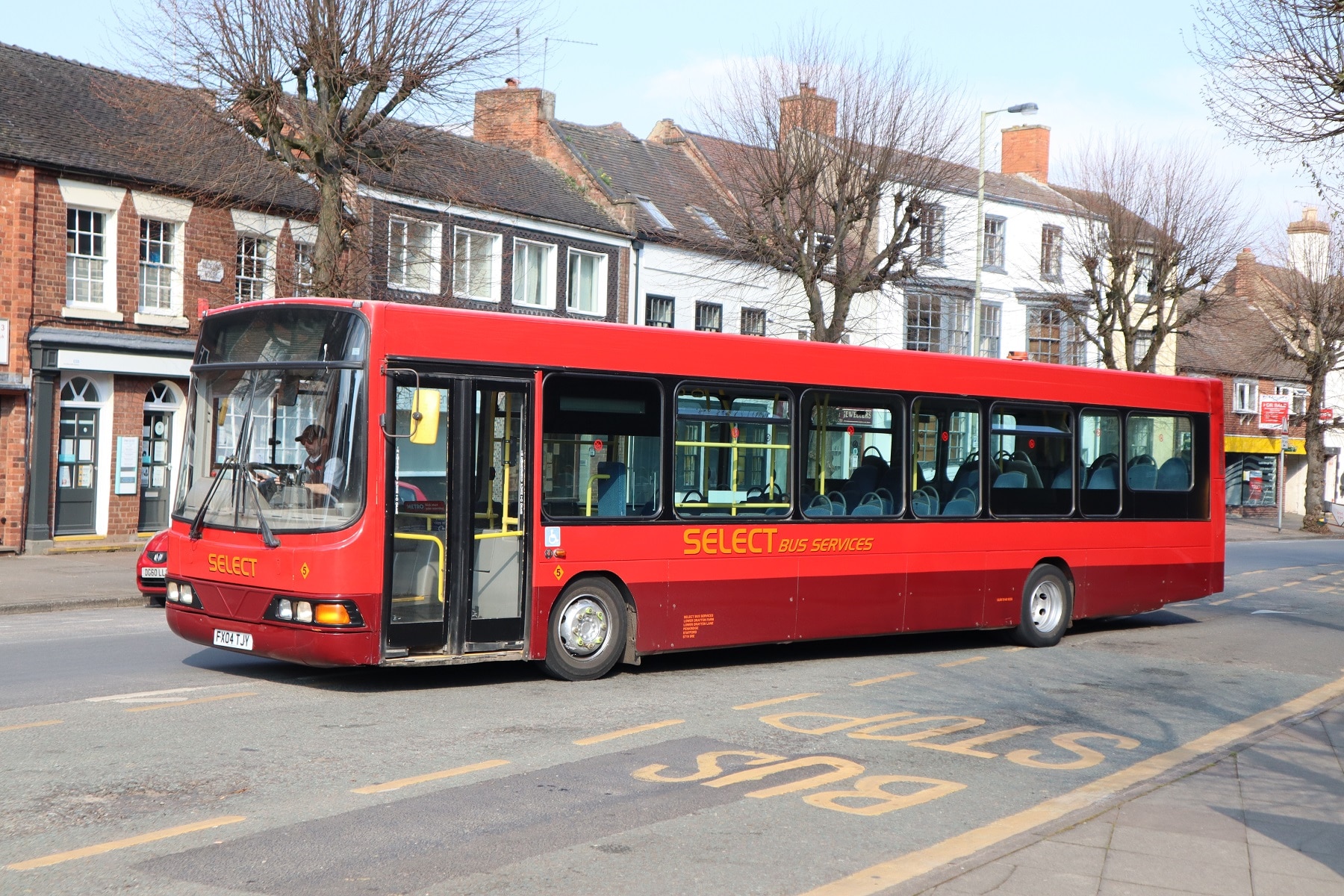Concerns surrounding the deliverability of some policy objectives within the National Bus Strategy (NBS) for England were aired at a Chartered Institute for Logistics and Transport Busmark and Bus and Coach Forum debate held on 22 April.
Many – but not all – centre on how local transport authorities (LTAs) will act on what the NBS asks of them. While it is agreed that Combined Authorities and larger shire LTAs should be able to do what is needed, there is unease that smaller LTAs’ abilities and resources have been hollowed out by funding pressures brought about by many years of central government cuts.
There are also signs of worry from some LTAs about the willingness of every operator to collaborate, although an employee of one large group subsidiary noted how businesses that serve more than one authority area are already seeing “very different” approaches from LTAs. That risks difficulties – but it was also pointed out that the presence of a recalcitrant operator in discussions could do much the same.
But while concerns are clear, there is much to be applaud in the NBS. John Carr of the Association of Transport Co-ordinating Officers notes that it must not be forgotten that the government is “trying to do something good.”
National Bus Strategy timeframe around policy over-optimistic?
The pace of work that is called for by the NBS regarding Enhanced Partnerships (EPs) has generated some uncertainty. EPs will be the de facto pathway for almost all LTAs in acting on the NBS. But questions exist about whether the stated timeframe for their creation is achievable: They are expected by the Strategy to be in place by April 2022.
One speaker suggested that when combined with resource pressures at LTAs, such over-optimism could lead to poor Bus Service Improvement Plan (BSIP) submissions. With ambition likely to figure strongly in how the Department for Transport (DfT) scores BSIPs, that could lead to few or no improvements in those areas.
Where EPs are already in place, they often take many years to flourish, Metroline Group Performance and Commercial Development Director Andrew Hunter told attendees. The London operator is already engaged in an EP through its Hertfordshire operations. Mr Hunter adds that it must also be remembered that DfT money is guaranteed only to the end of this parliament.

The NBS roadmap to EP is “at best challenging and at worst unachievable for some areas,” he continues, adding that flexibility in the published timescale is important.
However, he applauds the creation of a Bus Centre of Excellence (BCOE). It is a “fantastic opportunity” for LTAs and operators alike.
In the latter case he advocates a tie-up with graduate schemes. Mr Hunter also suggests that operators should be permitted to donate their Apprenticeship Levy contributions to the BCOE.
Structured approach required to deliver National Bus Strategy policy
Even LTAs that are well-equipped to act on the NBS need more clarity on what their role in delivering policies is. They must also understand how to prioritise their work – whether that involves facilitating more evening and weekend journeys, or creating additional priority measures or enhanced multi-operator and multimodal ticketing.
Mike Scott, Director of Transport Planning Policy and Strategy at consultancy Systra and formerly Head of Bus Services at Nexus, sees priority measures and ticketing advancements as key parts of any BSIP.
But both must be developed with care, he notes. While LTAs want to see bus services improve, Mr Scott warns that they are cautious about being seen to impede motorists’ freedom. Dealing with more politically awkward priority measures should be attempted once a strong partnership has been formed; understanding where priority has little effect is equally important.
It is also necessary to be realistic about the pace at which ticketing improvements can be rolled out. Multi-operator and multimodal schemes are often cited as a holy grail. But Mr Scott points out that they do not automatically deliver simpler and cheaper fares. That notwithstanding, integrating bus and rail services is key, he adds.
Those observations aside, there is already an unwritten expectation for BSIPs to be ambitious. Mark Frost, of the Local Government Technical Advisers Group and Fern Consulting, told delegates that if BSIPs are bold, there may be a strong argument for DfT to then seek more money for buses.
Clarity on LTAs’ roles in Strategy is also required
A call for clarity on the role of LTAs was made by Melanie Watson. She leads public transport for Cornwall Council. In an indication that more able LTAs will be able to go along with the Strategy’s objectives, Ms Watson notes that some of what is contained within the NBS mirrors what Cornwall Council is already doing.
There, she says, heavy investment has delivered major improvements. But in an indication that NBS concerns extend beyond those surrounding some LTAs’ abilities, Ms Watson underlines that it is also imperative for operators to come to the table and engage constructively.
One that has done so already is Transdev Blazefield. Any EP must be one of equals, says Commercial Director Paul Turner. He adds that now is the time to stop complaining about over-optimistic timelines and to get on with working to deliver what the Strategy – and customers – want.
While guidance on BSIPs was awaited at the time of the debate, Mr Turner points out that operators already know what they want from them. And that can only be communicated to an LTA if a strong relationship exists. “If you haven’t got one, get one,” he advises. Transdev is also asking customers and staff how they think services could be improved.
Customer charters generated some discussion. Mr Scott sees them as documents that are “front and centre” of EPs, with robust measures in place to improve things for existing users and attract new ones. Mr Turner disputes that. He believes that any charter should be condensed into three words: Money back guarantee.
Download the National Bus Strategy document here.



























